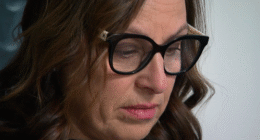Gypsy Rose Blanchard admitted she was deeply concerned about relapsing into addiction after her release from prison last December.
Gypsy Rose Blanchard delves into the impact of her mother’s Munchausen syndrome by proxy in her latest memoir. This mental disorder involves a caregiver feigning or inducing an illness in a child for attention, influencing Gypsy’s own mental well-being.
Article continues below advertisement
Gypsy Rose Admits To Being Addicted To Suboxone
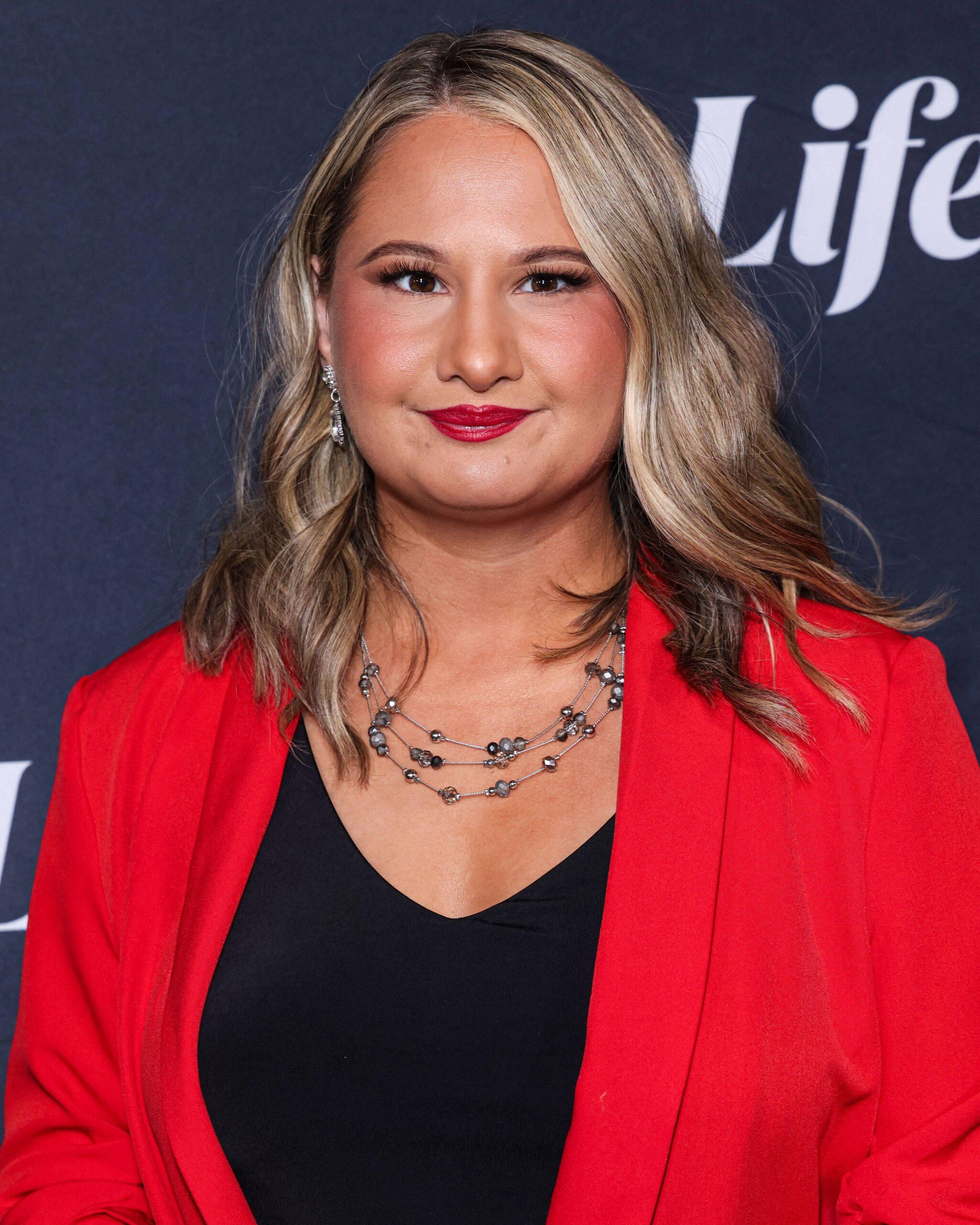
In a candid admission from her e-book “Released: Conversations on the Eve of Freedom,” Gypsy shared her struggles with Suboxone addiction, a drug used to manage opioid addiction. She faced the cycle of addiction, recovery, and relapse multiple times.
While discussing her book “My Time to Stand,” Gypsy expressed concerns about relapsing after her release from prison. Her reflections on her time behind bars shed light on the challenges she faced during that period.
Article continues below advertisement
Gypsy’s Mom Convinced Doctors To Prescribe Unnecessary Mediations

Dee Dee Blanchard claimed that Gypsy Rose had numerous medical conditions, including asthma, cancer, Down syndrome, and epilepsy, among others. Gypsy also underwent several unnecessary surgeries, such as gastrointestinal procedures, eye operations, and the removal of her salivary glands, all based on fabricated diagnoses.
“Her emotions were a whip that snapped against my self-worth. I found solace and escape in drugs, especially after we began fighting a lot,” she wrote.
“I remember the first time I sought out the painkillers for no pain at all, and it was after Mama and I were yelling at each other for what seemed like over an hour. I just wanted to relax.”
Article continues below advertisement
Gypsy Was Also Addicted To Vicodin
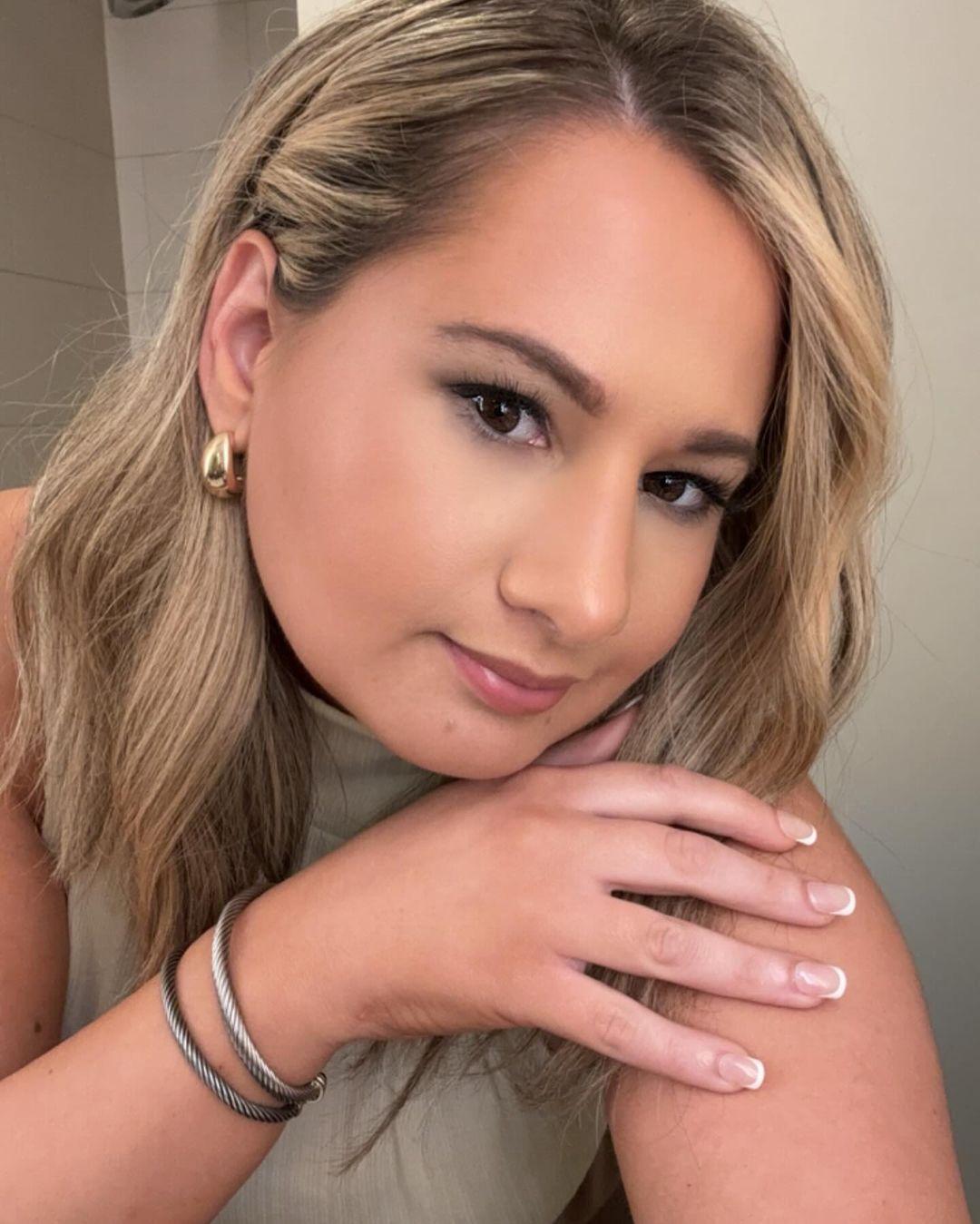
Gypsy also spoke about her addiction in her Lifetime docuseries, “The Prison Confessions of Gypsy Rose Blanchard.” “Nobody knows that I even had an addiction before prison, let alone in prison,” she said at the time. “The doctors had prescribed me pain medication after the surgery, but when the pain medication ran out, I was still in pain and my mother had a prescription for Vicodin.”
She continued, “And so when she wasn’t looking, I would just go and take one or two from her bottle. I didn’t know what addiction really was. I just knew that it was a craving that was all I could think about. I wanted another one.”
Article continues below advertisement
Gypsy’s Addiction Continued While She Was In Prison
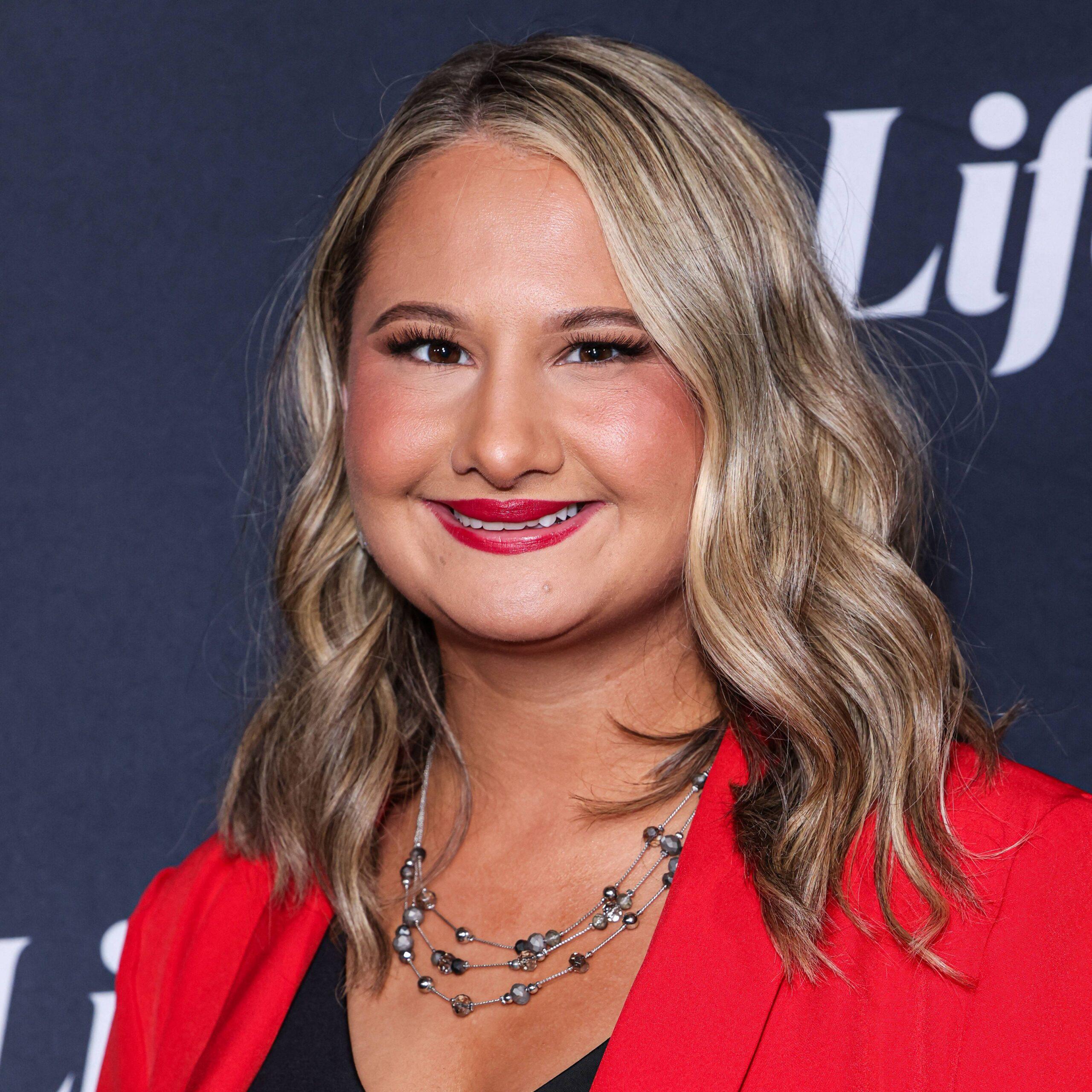
As her tolerance increased, Gypsy Rose Blanchard revealed that she began taking more and more pills, leading to an addiction that persisted after her mother’s murder and continued during her time in prison.
“In the first couple years of my incarceration, I coped using drugs,” she said in her docuseries. “I think I first started to learn that drugs were available in prison when I started seeing other women get high. I tried Suboxone and it gave me the same high as taking pain pills. Instantly, I was brought back to the addiction that I had to pain pills back when I was living with my mother.”
While in prison, Gypsy Rose Blanchard admitted to “scrounging” for drugs, recalling how she would tell herself, “You have to find it, really kind of get into the groove of who has what in prison.”
Article continues below advertisement
Gypsy Rose Claims She Is Now Sober
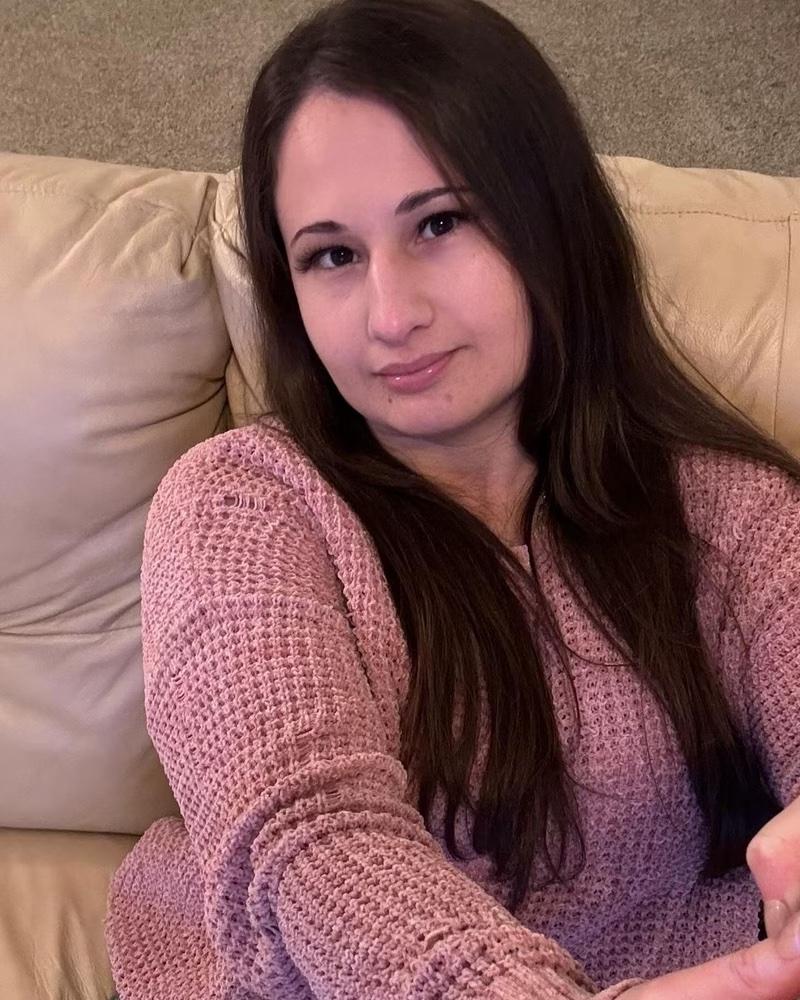
Now expecting her first child with boyfriend Ken Urker, Gypsy shared that she initially feared pills would be “more accessible” in the outside world but is relieved she hasn’t felt the urge to use again. “I haven’t gone looking, so I don’t really know how accessible it is,” she added.
Gypsy Rose Blanchard attributes her ability to overcome her struggles to the unwavering love and support of her father, Rod Blanchard, her stepmother, Kristy Blanchard, and her half-siblings, Mia and Dylan Blanchard.
“When I came out, I was surprised to learn that the family dynamic kept me away from that stuff,” she shared. “I haven’t thought about doing anything. I haven’t had any cravings.”
Gypsy added that she considers herself “very blessed,” concluding that “even in the hardest moments of this year with dealing with social media trolls and the self-esteem that could be brought down in all the scrutiny and how hectic that is, I still never considered going back to that.”
If you or someone you know is impacted by the issues discussed in this story, contact SAMHSA’s National Helpline at 1-800-662-HELP (4357).















